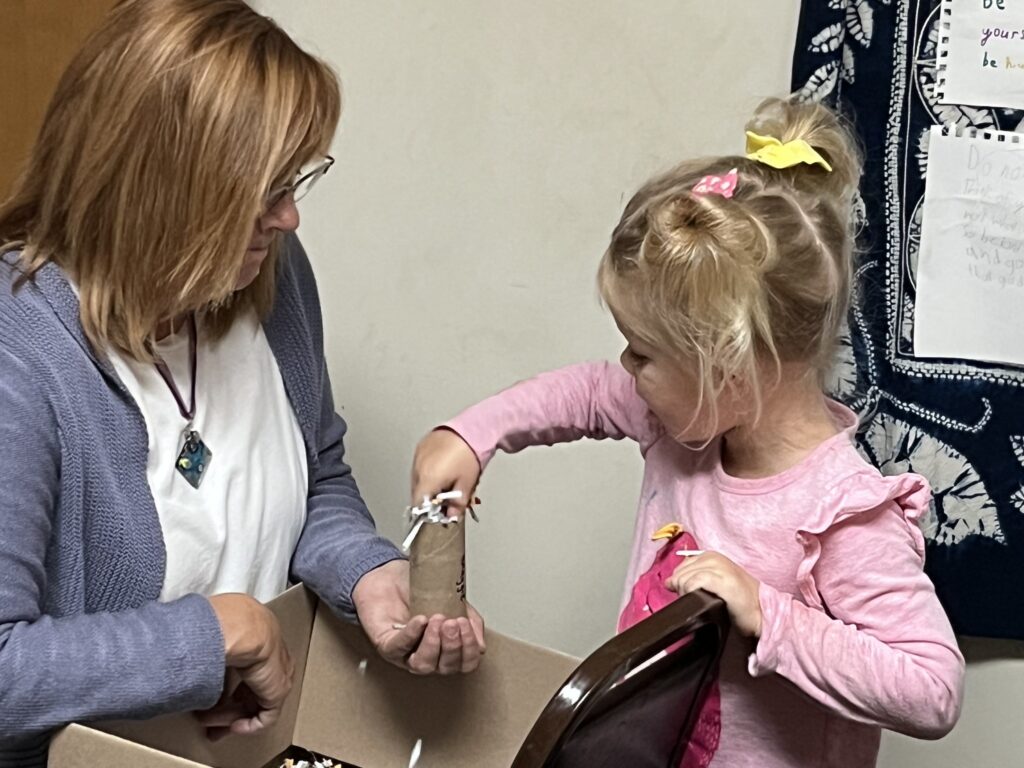Fire Sticks
The world has been chopping down 10 million hectares of trees each year to make space to grow crops and livestock, and to produce materials such as paper. This accounts for about 16% of total tree loss cover. 96% of deforestation takes place in tropical forests.
Malawi, and much of central Africa, is fast running out of trees. There are several reasons for the alarming rate at which the forests are disappearing, and the deeper one dives into seeking a satisfactory solution, the harder it becomes. One example comes each morning as the cooking fires spring to life all over the rural portions of the continent. It is widespread because, in so much of Africa, the people are still without electricity. In Malawi as an example, the World Bank in 2018 estimated that 88% of the population of more than 20 million people have no electricity. To call for stopping the cutting of trees, to these people, would be impossible for them to imagine.
Rather than attempting to persuade them to stop cutting trees, without a solution to the void it would leave, the Malawi Project’s Dan Brewer, has started producing a possible alternative to the long practice of cutting down the fast-disappearing forests all over the subcontinent.
“Forests are the world’s air-conditioning system – the lungs of the planet – and we are on the verge of switching it off.” – Prince Charles
From stories appearing on the Malawi Project website in June 2023, as well as in January and February of this year, (“Fire Brick Passes First Test”, “Help the Mothers Save The Trees”, and “Montessori Students Head the Class”) the reader is reminded of the exploratory efforts to find a solution to the tree-cutting problem. A brick size block, formed from shredded paper, was the first effort to find a solution. Now comes empty toilet paper rolls that have been filled with shredded paper and a mixture of candle wax. These will soon arrive in Malawi. When they reach the Action for Progress distribution center Wilson Tembo and his team will work closely with a nearby village to take the next step in this program, that of using only the rolls, rather than trees or tree limbs, for a full 30 days to learn if the program can translate to success at the village level. Success will be reached if the villages can create and maintain their cooking fires without the use of trees and limbs as a source of firewood, and by using the toilet paper rolls instead.
If this can be achieved Dan will put in place a program of mass production of the toilet paper roll program called UBiT (You Burn it). Additional villages will be offered the opportunity to conserve the forests and use toilet paper rolls instead. Stay in touch with this site to follow the progress of this possible forest-saving conservation project.
Pictured is Karen Swan, the Director of the Redwood Montessori School in Lebanon, Indiana helping a student prepare the test rolls for the UBiT program.

